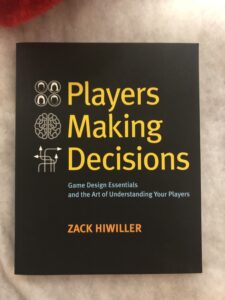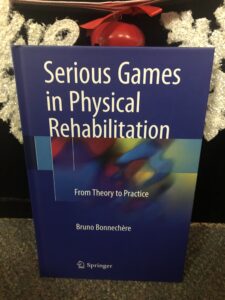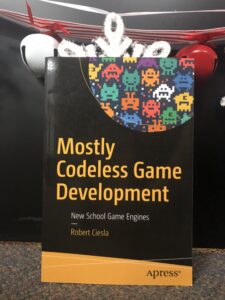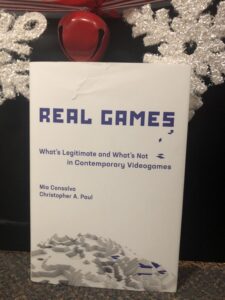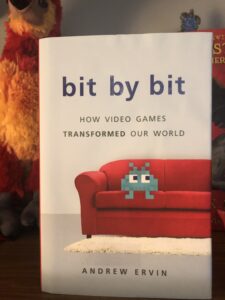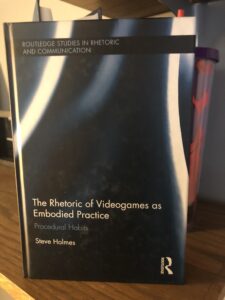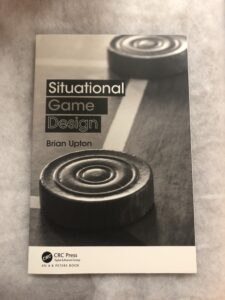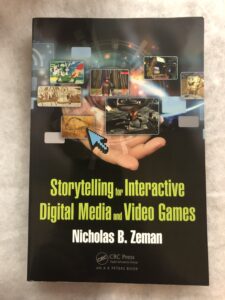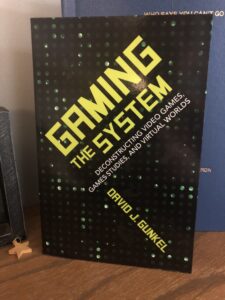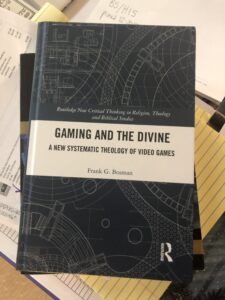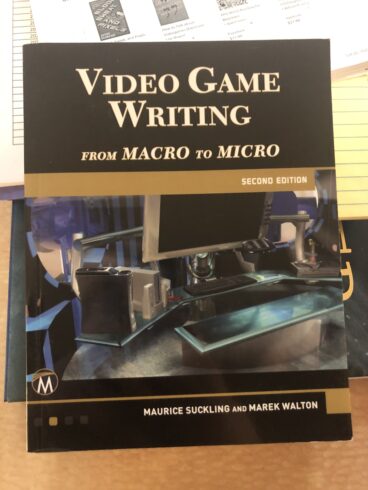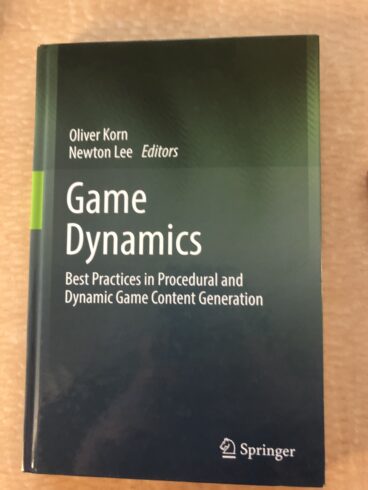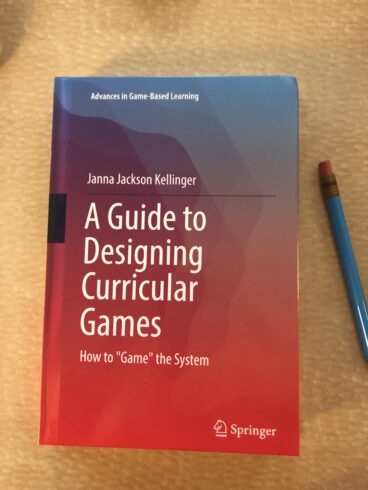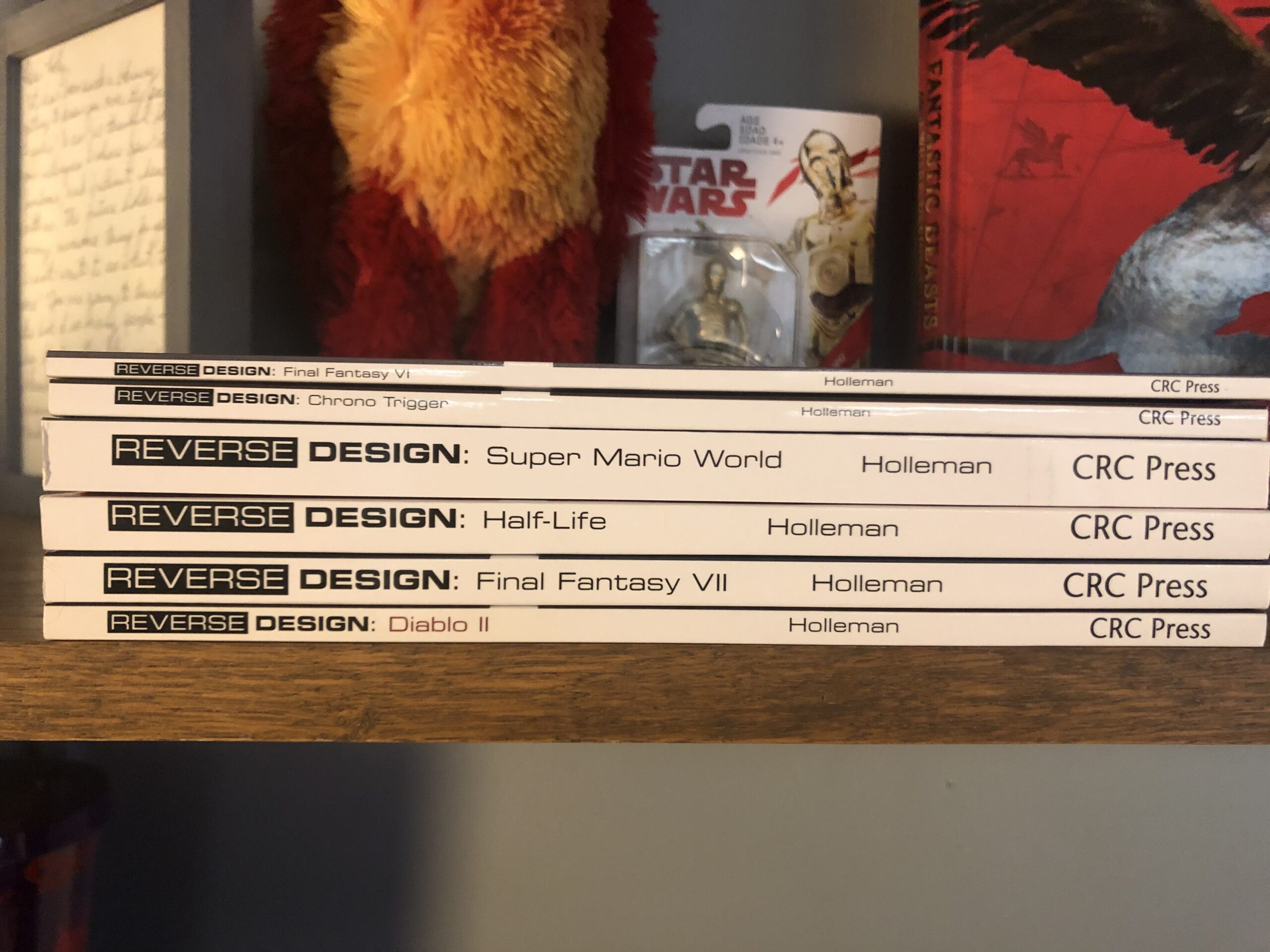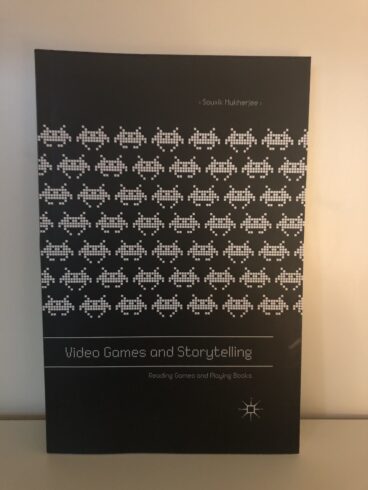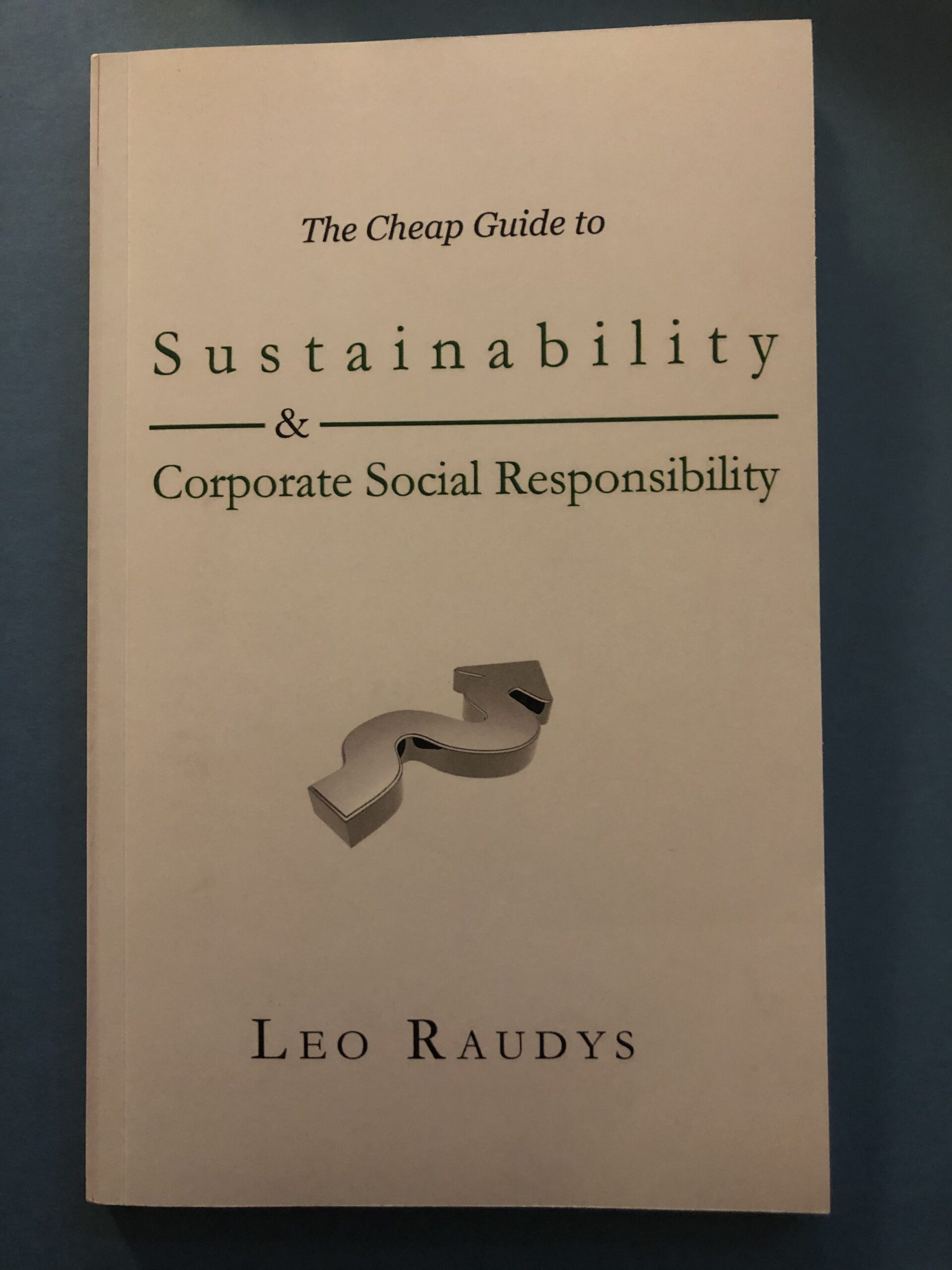As J.K. Rowling said at the last premiere of Harry Potter, “Hogwarts will always be there to welcome you home.” Well, I’m not sure which home in Game of Thrones will be there to welcome you, but hopefully, it’s one that doesn’t murder you as soon as you step on to their lands. Probably, the best outcome you can expect from such a bloody and violent series.
Even though the show is over, there are still two more books we are left waiting for (and waiting and waiting)!

Gif from Tenor “It’s been 84 years” from Titanic
A touch dramatic, maybe, but as George R.R. Martin keeps putting off these last two books, fans are left to speculate and analyse the current source material before they become rabid.
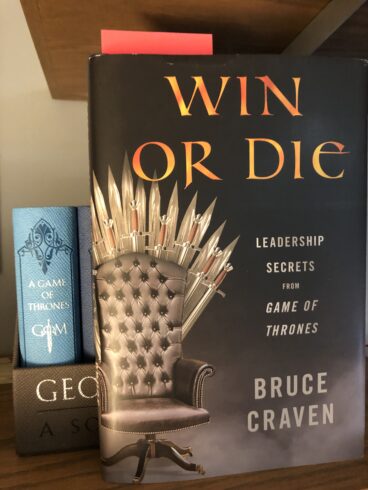 Bruce Craven does so in his book Win or Die: Leadership Secrets from Game of Thrones. As stated in the front flap, “One of the great joys of Game of Thrones is strategizing, from the comfort of our sofas, about the bold moves we would make to succeed in the bloody, volatile, epic world of empire-building. As we watch the characters battle for survival, it hits us that even if we don’t face the dire fate of Ned Stark, our real-world leadership challenges can be brutal—and our offices bring little comfort. Every day in our professional lives we are presented with opportunities and challenges. We must decide which roads to follow, which risks to confront, and when to pursue the call to adventure.”
Bruce Craven does so in his book Win or Die: Leadership Secrets from Game of Thrones. As stated in the front flap, “One of the great joys of Game of Thrones is strategizing, from the comfort of our sofas, about the bold moves we would make to succeed in the bloody, volatile, epic world of empire-building. As we watch the characters battle for survival, it hits us that even if we don’t face the dire fate of Ned Stark, our real-world leadership challenges can be brutal—and our offices bring little comfort. Every day in our professional lives we are presented with opportunities and challenges. We must decide which roads to follow, which risks to confront, and when to pursue the call to adventure.”
Craven analyzes the journeys of the best and worst leaders in Essos and Westeros, offering the skills and guidance needed to fight his or her own game of thrones. He considers beloved characters such as Arya, Bran, and Sansa Stark, along with Jon Snow, Daenerys Targaryen, and Tyrion Lannister, as they make difficult decisions, weigh the horrible options in front of them, stumble quite a few times, and fight for success, learning and growing along the way.
Craven has used the book series, A Song of Ice and Fire, along with HBO’s adaptation, Game of Thrones, in his MBA and Executive MBA elective Leadership Through Fiction at Columbia Business School. We are fascinated by the stories these characters lead, but we can also learn from these fictional stories and worlds. Each chapter of the book provides challenges faced by the characters, offering frameworks to use in solving the challenges, and in turn, will offer real-world examples that use the frameworks. He goes on to offer exercises to help readers apply the leadership ideas from the characters in their own lives.
Whether your “game of thrones” journey involves leading with adaptability or real live dragons, I’m sure you’ll find the resources needed to become a better leader along the way.

